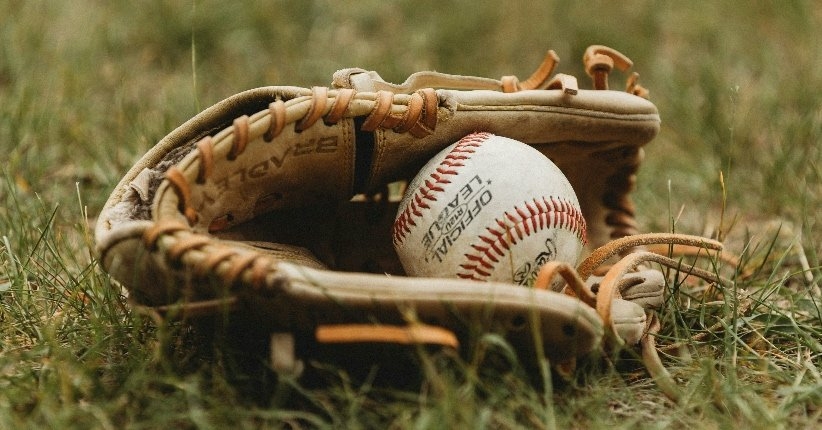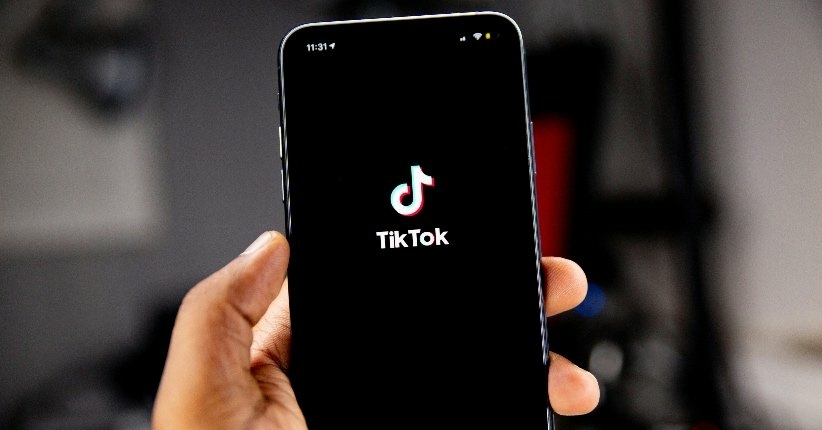What Happens To The Billions Of Dollars Made From Lottery Ticket Sales?
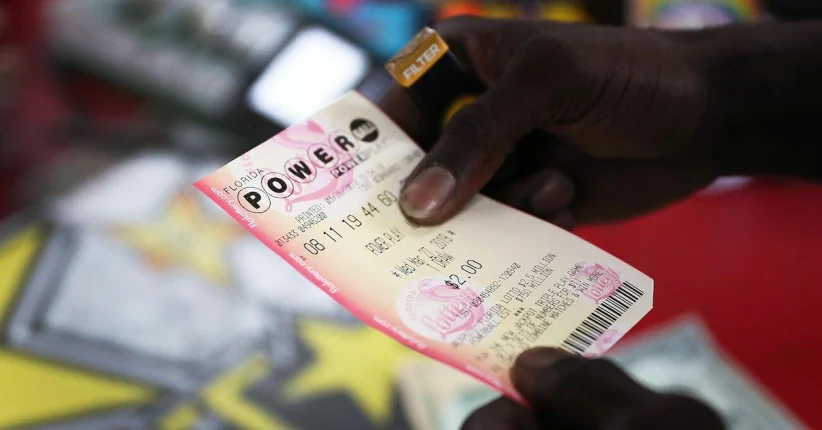
Here's how each state spends the millions it makes from lottery ticket sales
Winning the lottery can be a dream come true—not only for the jackpot winners but for the states they play in. State revenue generated by lottery earnings often benefits charitable or civic causes—education, public employee pension funds, or the Special Olympics, for example. Throughout history, lotteries have helped pay for the construction of elite educational institutions like Yale and Harvard and even the cost of running militias that could fight the British Army during the American Revolution.
But while this revenue can help generate much-needed funding for communities and organizations, it can come at a cost to many communities as well. An investigation into state lotteries released in July 2022 underscored their impact on low-income communities. The report from the Howard Center for Investigative Journalism at the University of Maryland found that lotteries depend on low-income communities—Black and Hispanic communities, in particular.
Most states have lotteries of some kind, be it Powerball or Megamillions, and many have opened their doors to online lottery ticket sales. Alabama, Hawaii, Nevada, and Utah do not, although Alabama legislators have introduced bills to permit gambling.
OddsSeeker reviewed news and information on the various uses of lottery funds among the 50 U.S. states, according to the North American Association of State and Provincial Lotteries. The following seven states underscore the diverse ways lottery proceeds are spent—from numerous beneficiaries to guaranteed state tuition.
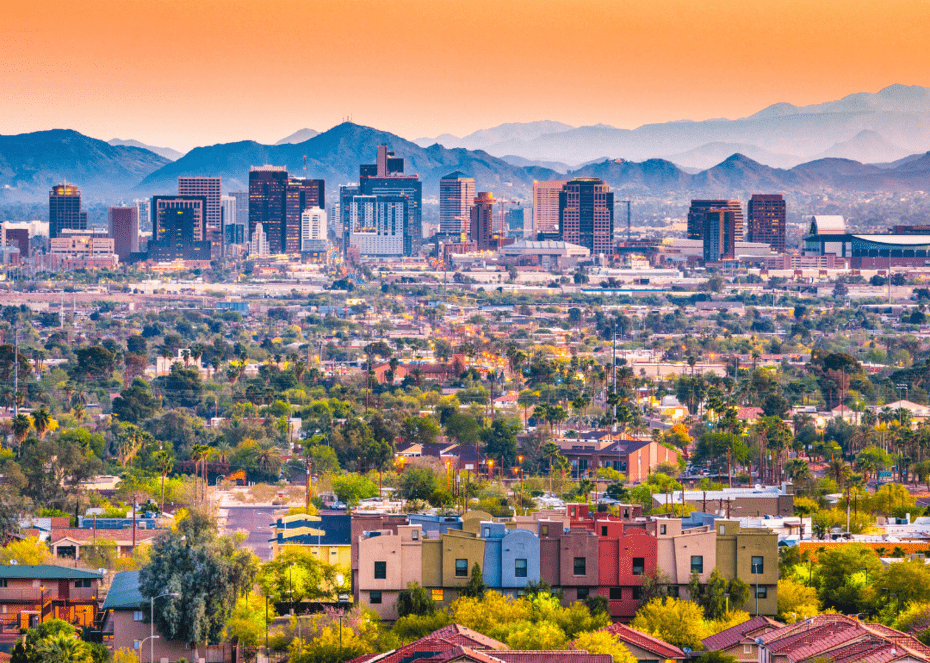
Canva
Arizona has the highest number of beneficiaries of lottery funds
Arizona's lottery generated $287.83 million in the 2021 fiscal year for the 17 programs and services the state has mandated as beneficiaries. The money is allocated to four key areas: higher education, which received $38.2 million; health and human services ($29.5 million); environmental conservation ($10 million); and economic and business development ($15 million).
Among the diverse programs and services include the Tribal College Dual Enrollment Program, which allows the state's Native American high school students to take a college course for both high school and college credit without tuition or fees, and the Arizona Biomedical Research Centre, which funds research into diseases, treatments, and cures. Other beneficiaries include an enforcement fund for internet crimes against children, teen pregnancy prevention work, and homeless services. The largest amount, $195.2 million, went to the Arizona General Fund.
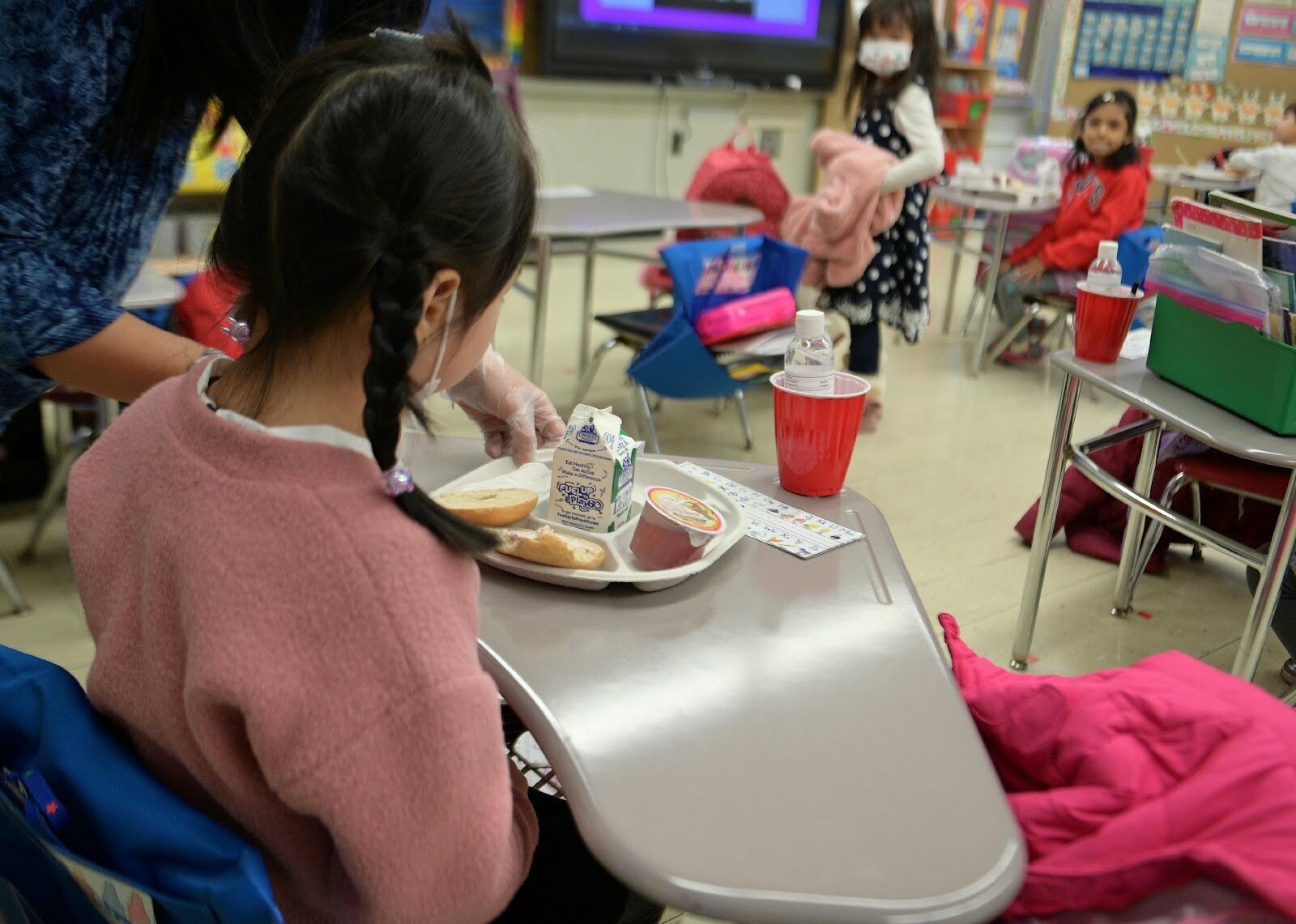
Michael Loccisano // Getty Images
New York's lottery generates the most money
New York's lottery is the largest and most profitable in North America, ending the 2021-2022 fiscal year with $3.6 billion. All the money goes to the state's public K-12 schools as the New York Constitution requires.
The same formula used to distribute other state aid is also applied to lottery profits so that larger, lower-income school districts receive proportionally larger shares. New York City received the largest amount for the 2021-2022 fiscal year: $1.26 billion.
The New York Lottery has earned $78.7 billion since 1967 for education across the state. New York's success with lottery success comes in part because they allow online lottery ticket sales through apps like Jackpocket.
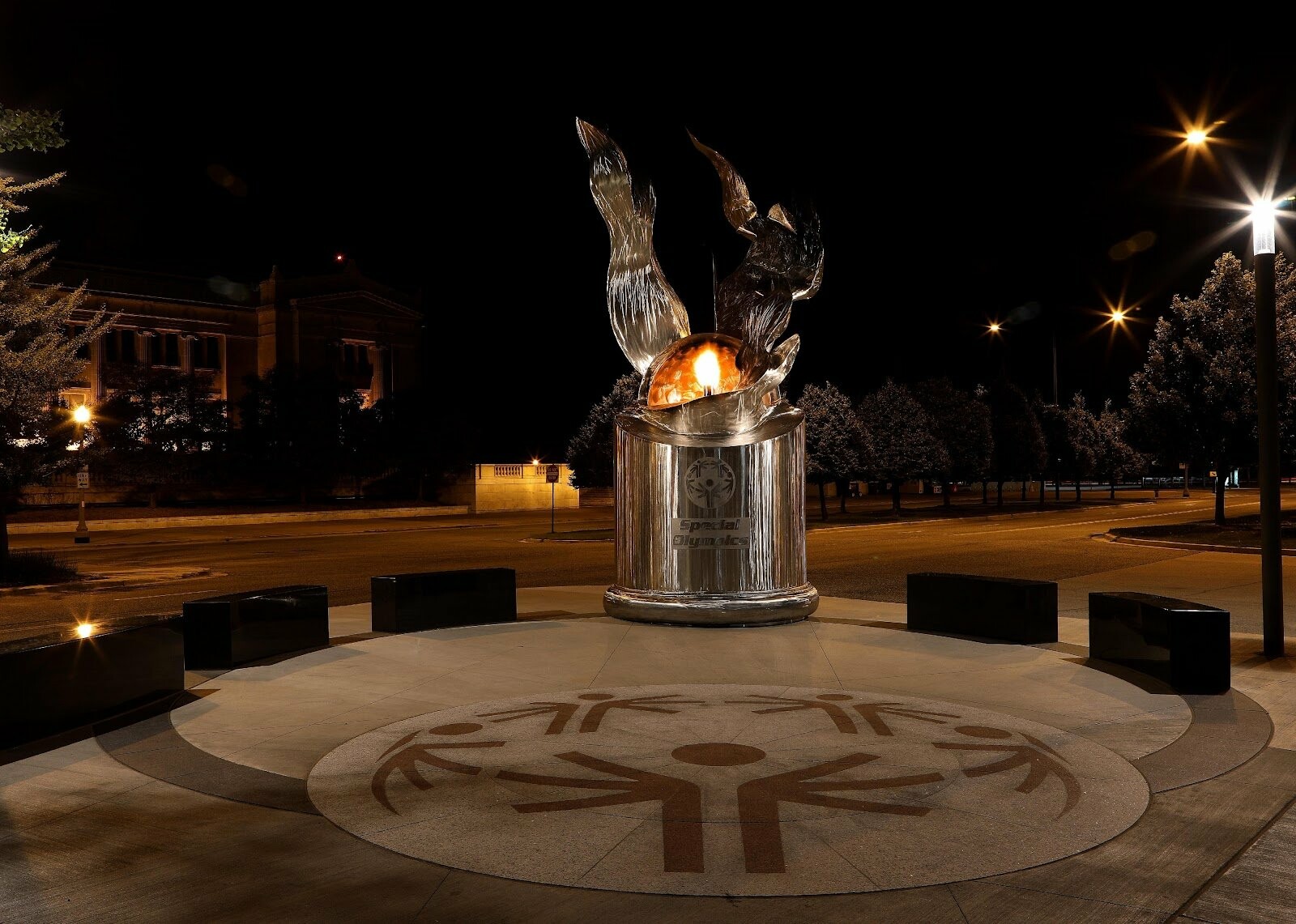
Raymond Boyd // Getty Images
Illinois lottery funds benefit Special Olympics
Illinois is the only state to earmark funds specifically for the Special Olympics, and more than $7 million has been raised so far. Special Olympics Illinois provides sports training for 20,500 athletes throughout the state and offers competition in 18 sports annually. Most of the lottery earnings—$834 million in the 2022 fiscal year—benefit K-12 public schools across the state. Since 1985, the lottery has generated $24 billion for education funding. Other beneficiaries include programs to support veterans (over $19 million); breast cancer awareness, education, and research (over $15 million); and HIV/AIDS prevention, education, and treatment (over $10.5 million).
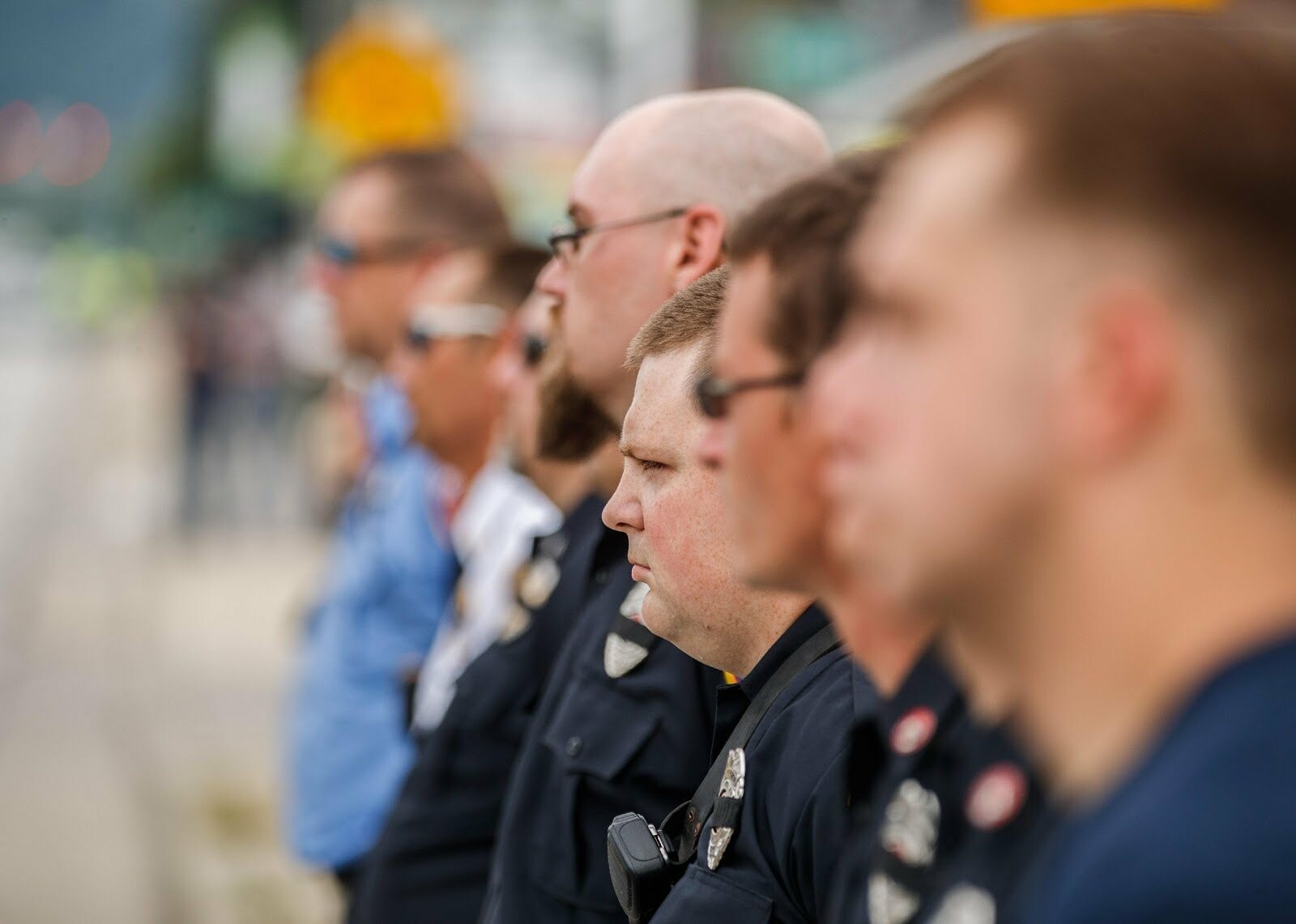
Jeremy Hogan/SOPA Images/LightRocket // Getty Images
Indiana uses the lottery to fund its pension
Indiana's lottery surplus benefits pension funds for teachers, firefighters, and police officers, as well as the Lottery Surplus Fund. That surplus amounted to $375.5 million for the 2022 fiscal year—25% more than anticipated. It is the only state to benefit the pensions of public employees explicitly. Since its 1989 inception, it has raised $4.9 billion for the Lottery Surplus Fund, $760 million for the police and firefighters' pensions, and $947 million for the teachers' pension. The surplus fund goes toward lowering excise taxes by up to 50% for owners of vehicles.
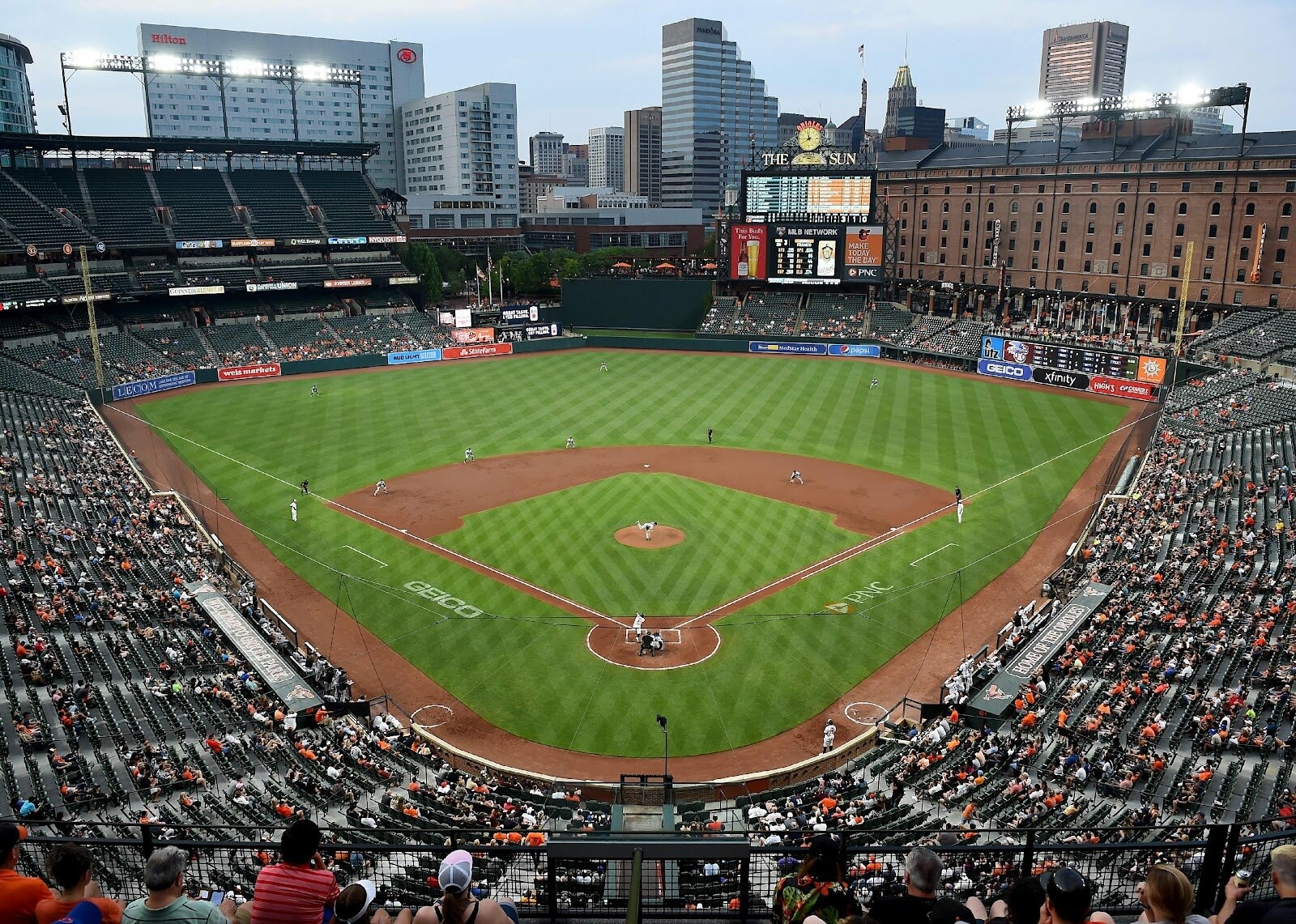
Will Newton // Getty Images
Maryland lottery helps maintain local stadiums
Profits from the Maryland lottery sent a record $673.7 million to state programs for the 2022 fiscal year, breaking the record set the year before by $6.3 million. Lottery profits go into the Maryland General Fund, which provides budgets for education, public health, safety, and other services. Lottery proceeds have also paid the debt on the bonds for two stadiums in Baltimore: Camden Yards, home of the Baltimore Orioles, and M&T Bank Stadium, where the NFL's Baltimore Ravens play.
The Maryland Stadium Authority now wants to upgrade the stadiums completed in the 1990s. To do that, it asked the state legislature to raise the allowable bond debt for stadium projects from $235 million to $1.2 billion and increase the number of lottery proceeds that can be used to pay debt service on the bonds from $20 million to up to $90 million per year. However, the Orioles are worth about $1.38 billion, while the Ravens are valued at $3.9 billion and could sell for $4 billion. Both franchises are valuable and may not need that additional funding, which some argue could be better spent on persistent issues such as food access and vacant housing.
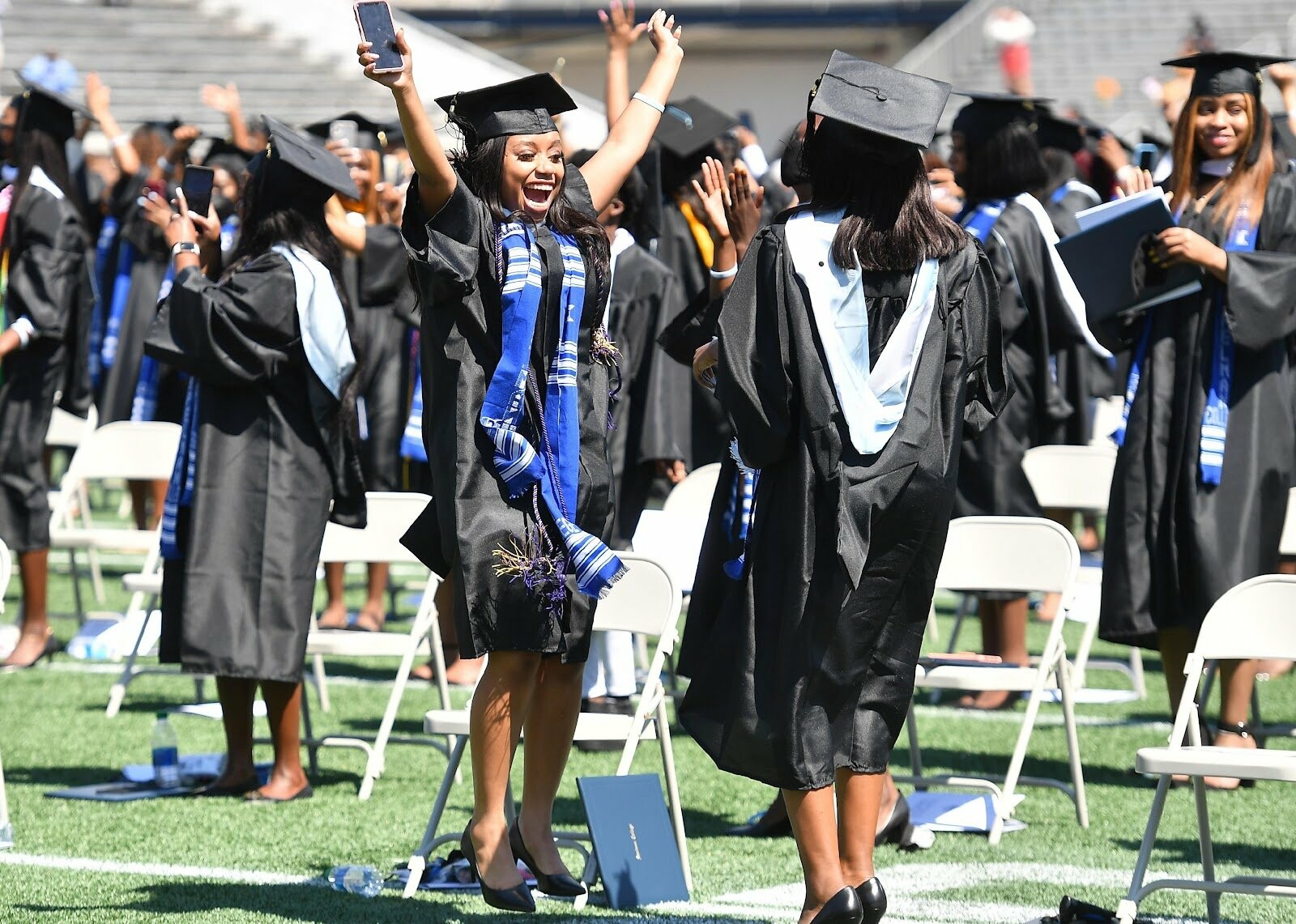
Paras Griffin // Getty Images
Georgia's lottery goes to education
Georgia's lottery funds the Helping Outstanding Pupils Educationally scholarship program, which provides Georgia students with tuition grants and scholarships to attend the state's colleges, universities, or technical colleges. Two million students have been able to attend college as a result.
The lottery also finances the pre-kindergarten program for all 4-year-olds. More than 1.6 million children have been enrolled. The lottery has raised $25.3 billion for education since its creation in 1992. Education brought in $1.54 billion during the fiscal year 2021.
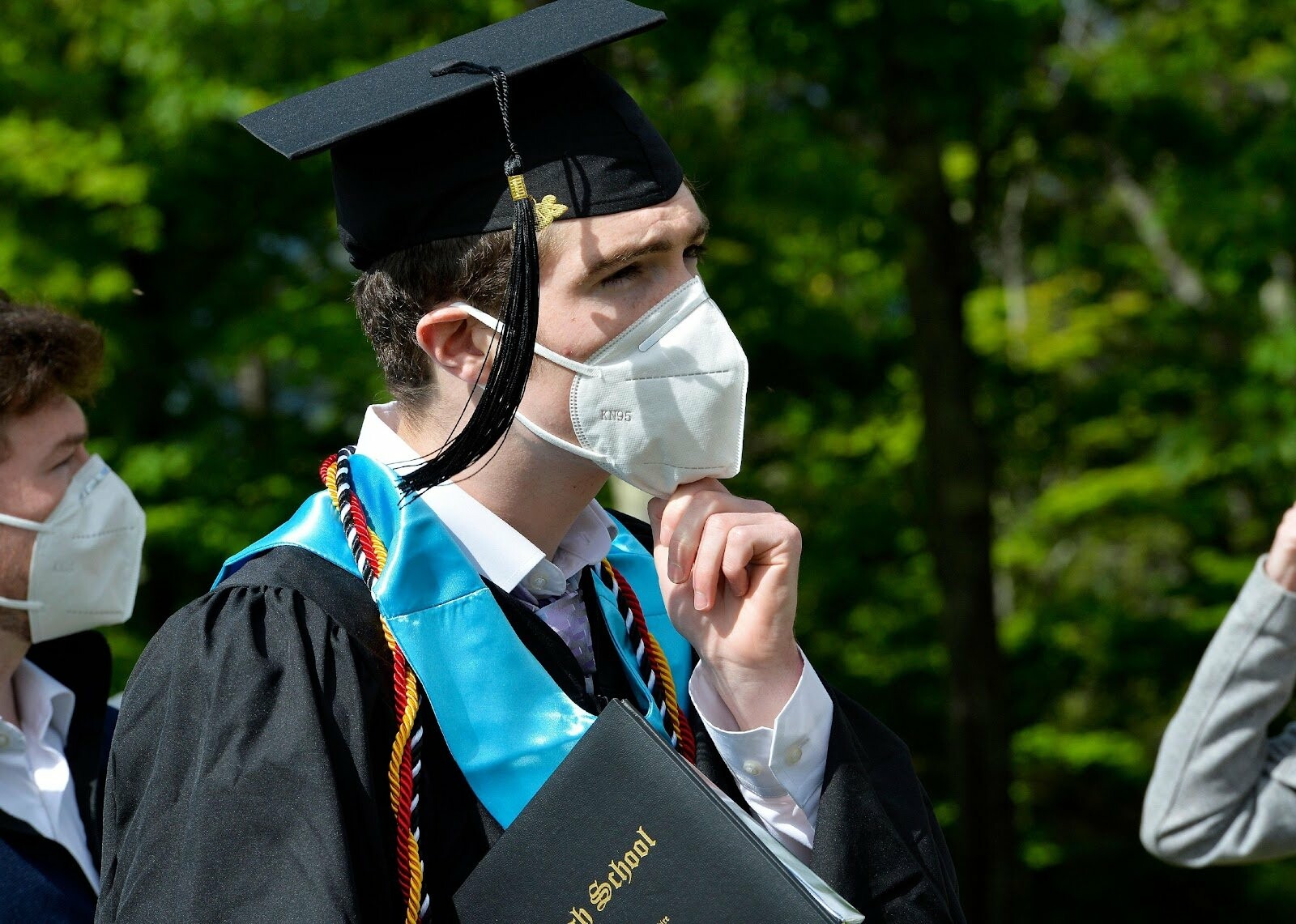
JOSEPH PREZIOSO/AFP // Getty Images
New Hampshire was the first state to run a lottery
The New Hampshire lottery was created in 1963 to help fund education. It began as the New Hampshire Sweepstakes the following year at Rockingham Park in Salem. Players' tickets were matched with horses; whichever horse won also determined the lottery winner.
The country's first state-run lottery caused a national uproar in its inaugural year. According to an article in New Hampshire magazine, Reader's Digest predicted, "Is either New Hampshire or Uncle Sam so hard up that this shabby dodge is the only way out? …. It will mean moral bankruptcy for New Hampshire."
However, it was an experiment that proved successful, allowing other states to follow suit. The 2021 fiscal year brought in $146 million for education. To date, the contributions have exceeded $2 billion. It's going so well, ou can even get free lottery tickets at Jackpocket in New Hampshire!
Got Questions? We’ve Got Answers
What do states do with money made from lottery ticket sales?
Each state allocates lottery revenue differently—most commonly to education, public pensions, infrastructure, and charitable programs.
Which state generates the most money from its lottery?
New York leads all U.S. states in lottery revenue, contributing over $3.6 billion annually to its public school system.
Are lottery funds really used for education?
Yes, in many states—including Georgia and New York—lottery proceeds directly support K–12 schools, pre-K programs, and college scholarships.
How do lottery programs affect low-income communities?
Studies show state lotteries often rely heavily on sales in low-income and minority communities, raising concerns about fairness and financial harm.
Which states don’t have a lottery?
Alabama, Hawaii, Nevada, and Utah currently do not operate state lotteries, though legislative efforts are ongoing in some areas.
What is the Lottery Surplus Fund in Indiana?
Indiana uses excess lottery revenue to fund public employee pensions and reduce vehicle excise taxes for residents.
Has lottery money ever been used for stadium funding?
Yes, Maryland used lottery revenue to pay debt on stadium bonds for the Baltimore Orioles and Ravens.
/author-profile-picture/aine-givens.webp?v=1689703865)

Aine Givens is an iGaming and Sports Betting Regulatory Researcher & Analyst at OddsSeeker. She has worked in newspapers, publishing, and television, and now contributes her expertise in research and data for OddsSeeker. Over the years she has lived in Asia, the Middle East, and now New York City. She loves to travel & rescue pets!
More about Aine GivensOnline Casino Promos
Related Stories
Get over $1,000 in casino bonuses

